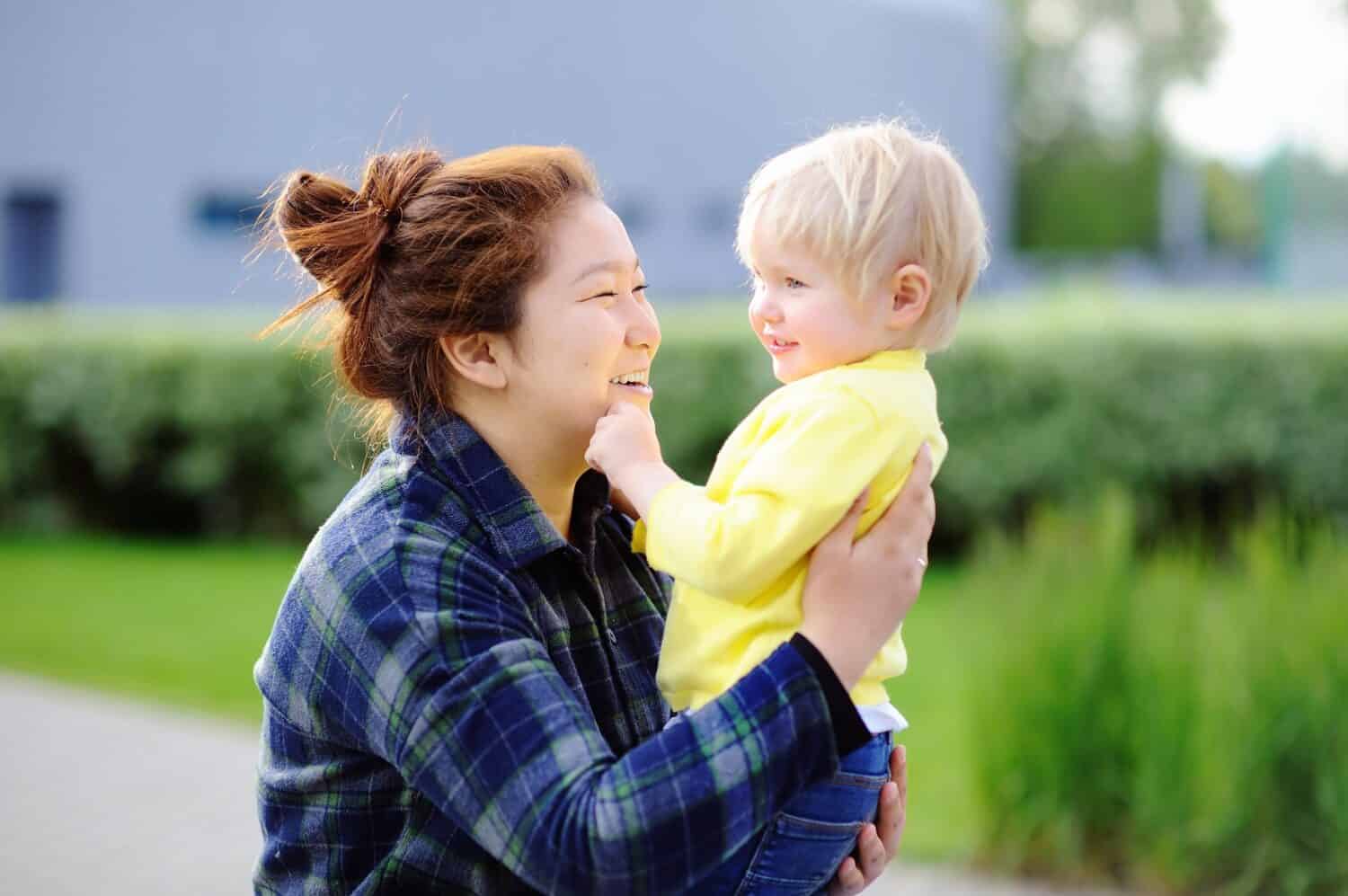Choosing the right childcare for your family is an important and yet sometimes difficult decision. Careers, special needs of children, location, care accessibility, and cost can all determine the choice you make for your family. Each type of childcare offers different pros and cons. Common types of childcare include daycare, nannies, au pairs, and babysitters. Let's take a look at au pairs, how they can help you, and the advantages of having an au pair.
What Is An Au Pair?
An au pair is someone from a different country who comes to live with your family for up to two years. With a legal travel visa, au pairs provide childcare in exchange for a stipend, a place to live, and the opportunity to work. Au pairs can come from all over the world and are usually between the ages of 18 and 26. At a minimum, they will stay for 12 months. But, they can extend their stay for up to an additional 12 months.
In America, au pairs are required to study at a college and complete six college credits during their stay. They will do this in addition to providing childcare. Au pairs are permitted to provide up to 45 hours of childcare each week. They are not allowed to work more than 10 hours a day, even if they are paid overtime. All of these rules and regulations are created and monitored by the U.S. Department of State.
What qualifies au pairs to be caregivers? Every au pair has a minimum of 200 hours of childcare. This could look like being a babysitter, kindergarten assistant, tutor, or camp counselor. After meeting that minimum requirement, which most au pairs surpass, they attend a training program and become certified.

©Jana Eviakova/Shutterstock.com
Cultural Exchange
No matter where your au pair is from, they are excited to share their culture and to learn your culture. This looks like sharing different cuisines, languages, holiday traditions, and more. This is a quality that many families love as they want to raise their children to accept others different than them. Learning about different places and people in the world is an important task for raising well-rounded children. If you want your children to learn a specific language, you can hire an au pair that speaks that language. Integrating the language at home can help them learn quickly.
Schedule Flexibility
One of the things that many families value and are grateful for is the flexibility of an au pair schedule. Au pairs can provide up to 10 hours a day of care and 45 hours per week. The au pair's schedule is decided by you to fit the needs of the au pair and your family. Many au pairs work a “split shift,” meaning they help in the morning, take a break to go to school and return to work in the afternoon or evening. Au pairs can work any day of the week and don't have to be constricted to a Monday through Friday. They can also help with child-related chores so that the time you have with your family can be increased.

©Maria Sbytova/Shutterstock.com
Competitive Cost
Although the cost of an au pair can vary based on what agency is used, often hiring an au pair is a more budget-friendly option compared to other childcare. Another pro to having an au pair is that the cost doesn't change depending on the number of children you have. When using an agency, families pay the agency a matching fee and annual fee, as well as pay the au pair a weekly stipend. You can expect to pay an annual fee of $9,000-$11,000 to an agency and anywhere from $8,000-$16,000 a year to the au pair. There are also some additional fees since au pairs are treated like family. You might experience a slight increase in your grocery bill or utilities, but nothing major.
Relationship And Trust
Building a relationship and trust between you, your family, and your caregiver is a major pro that many families value. Because your au pair will be living in your home, they are often seen as an additional family member. There is often mutual respect and a deep sense of trust that is built very quickly since you are spending a lot of time together. Having someone that you feel comfortable with, trust, and have come to love watching over your children is not something other childcare options offer often. These relationships can grow so deeply that families and their au pairs still stay in touch and visit each other once they are no longer working together.

©tartanparty/Shutterstock.com
Interested In An Au Pair?
If having an au pair sounds like something that could be a good fit for you and your family, here are a few agencies you can check out to find out more.
The image featured at the top of this post is ©Dusan Petkovic/Shutterstock.com.
